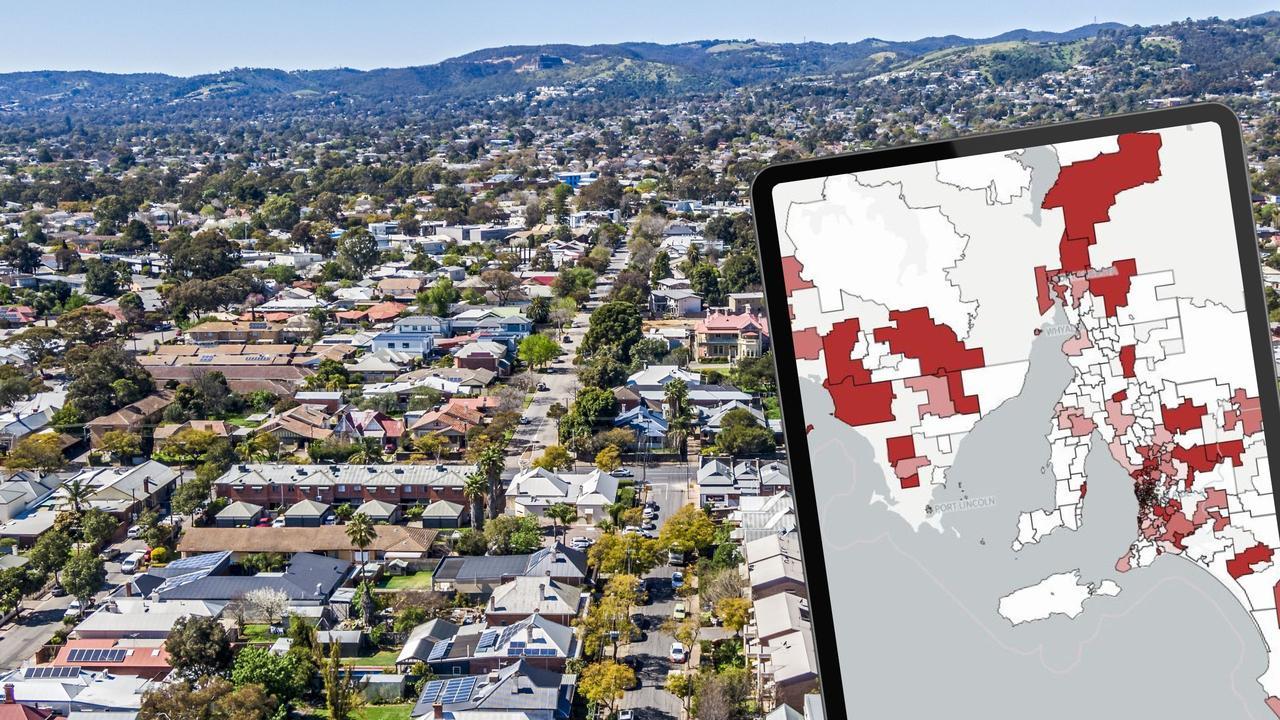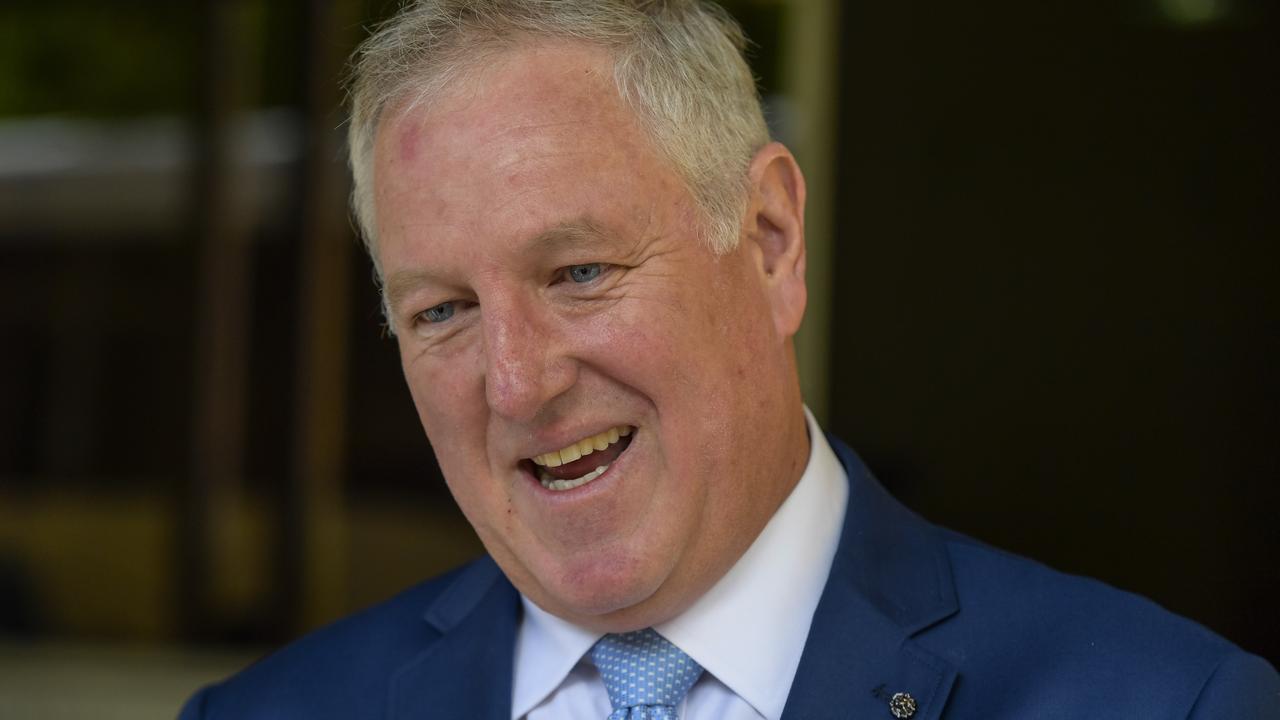Two Mount Gambier women are calling for change to the NDIS labelling it a bureaucratic nightmare
Two Mount Gambier women have spoken out about their difficulty in navigating the bureaucratic “nightmare” of the NDIS.

Mount Gambier
Don't miss out on the headlines from Mount Gambier. Followed categories will be added to My News.
While the NDIS centres its ethos on “choice for the participant”, a disability advocate claims there has been a severe lack of choice for those living in regional centres.
Two Mount Gambier women are speaking out about their difficulties navigating the scheme in the hope of forcing change in how regional people are catered for.
Chief executive of Disability Rights Advocacy Service David McGinlay said the NDIS model did not factor in the regional lived experience.
“The scheme was rolled out on a McDonald’s business model if you like,” Mr McGinlay said.
“(But) you cannot have a scheme that operates in Mount Gambier … operating at the same level of service provision, as it does for somebody in Adelaide.
“The scheme is all about choice for the participant … but the participant doesn’t have that choice, based on where they live.”
Mr McGinlay said while the Patient Assistance Transport Scheme offered some financial assistance, the NDIS did not cover travel for treatment or assessment, often leaving participants to foot the bill.
Mount Gambier’s Ruth Mott, who suffered a severe spinal injury in 2019, is an incomplete paraplegic and uses a wheelchair.

Ms Mott often makes the one hour flight to the city to access spinal injury specialists.
Most of her air travel is covered by PATs, but she said the out-of-pocket costs such as taxis and accommodation added up.
“Living in a regional area is hard … anything to do with professionals — it usually means a trip to Adelaide,” she said.
“Unfortunately you can’t always get the cheapest place (to stay) because it’s not always accessible.”
Ms Mott is appealing an NDIS decision to cut her support hours by 75 per cent as her voluntary work as a Justice of the Peace at the Mount Gambier Library, was deemed not “important”.
“My mind is still active and I want to keep that active — I don't want to sit there and just, fade away,” Ms Mott said.
“It’s really hard when you’ve worked full time and then all of a sudden, it just stops … you have that sense that you’ve lost all your identity.”
Ms Mott said navigating the scheme was a “bloody nightmare” and believes the NDIS must be more flexible.
“(I) feel like we have to fight for everything we get,” she said.
“I know it’s got to be proved that we need it, but don’t make us prove we need (support) down to the final hour — which is how you feel.”
Mount Gambier woman Jane Qualmann, an ex-nun who was a driving voice behind the Voluntary Assisted Dying bill, claimed she’d been forgotten by the government.

Ms Qualmann lives with a number of chronic illnesses including neurogenetic bowel syndrome and Sunct syndrome which causes severe pain and mobility issues.
“I definitely need a wheelchair to go around to supermarkets these days,” she said.
“While I can shower myself and do that basic stuff at the moment, there are some days I can’t.”

Despite providing the NDIS with almost 300 pages of documents, including letters from her doctor, Ms Qualmann said she was not eligible for any NDIS support.
She’s also unable to access My Aged Care as she was too young.
“When I read those letters, I get really depressed — and so I give up,” Ms Qualmann said.
“I can’t bash my head up against a brick wall.”
An NDIA spokesperson said they could not comment on individual cases but said criteria must be met to qualify for the NDIS.
“It is important to note that the NDIS was not designed, planned or envisaged to cover medical conditions,” the spokesperson said.
“Treatment for chronic health conditions continues to be the responsibility of state and territory governments.”
Mr McGinlay said the level of bureaucracy almost seemed intentional to steer people away from the service.
“It is such a complex piece of legislation … people just walk away from it,” he said.
Mr McGinlay advocated for greater participation between local stakeholders and policy makers.
“Don’t use a model that works in Adelaide, that works in Sydney, expecting it to work in Ceduna or Mount Gambier.”


